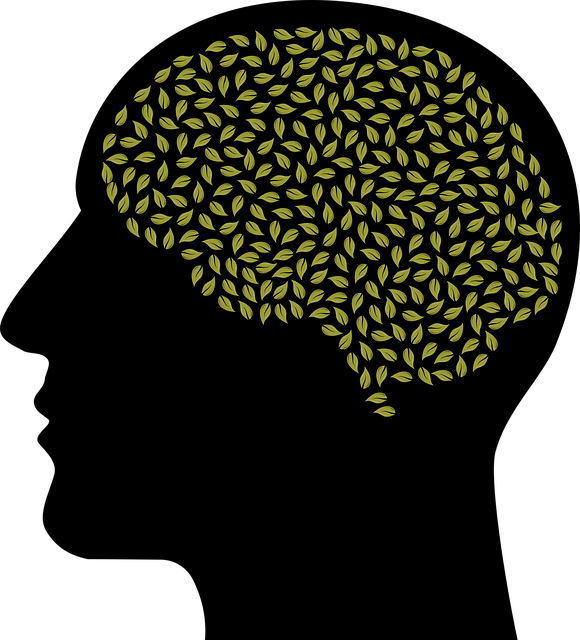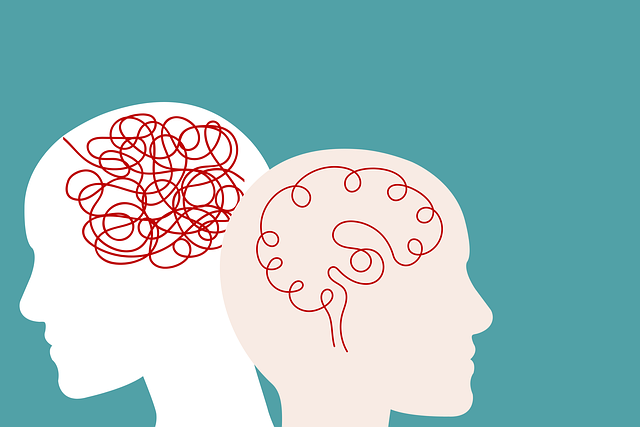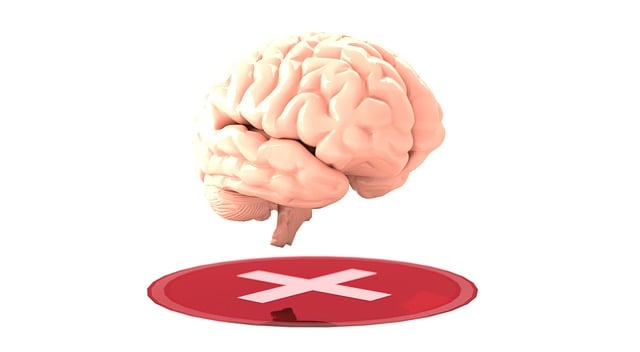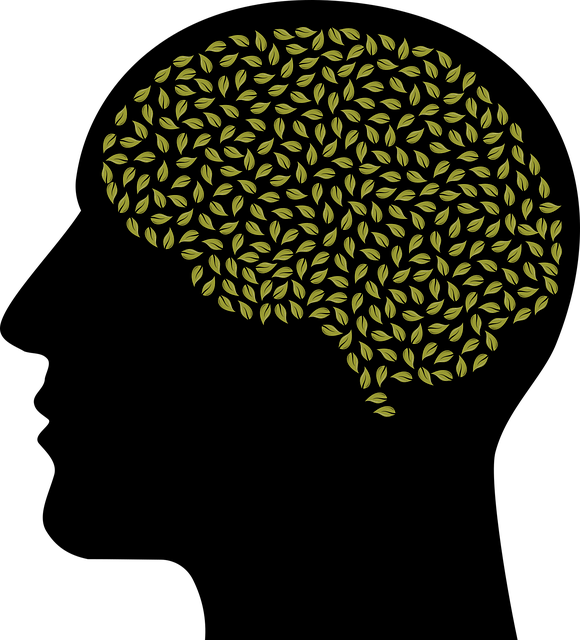Resilience, as promoted by the RFM framework adapted from Boulder Alcohol Abuse Therapy (BAAT), is a powerful tool for mental well-being. BAAT focuses on building emotional processing, mood management, and positive outlook through holistic methods, facilitating recovery and empowering individuals to lead balanced lives. By integrating conflict resolution techniques, compassion cultivation, and self-compassion, BAAT equips people with skills to navigate challenges, transform difficult situations into growth opportunities, and make conscious decisions about alcohol consumption for long-term recovery.
“Resilience is a powerful tool for overcoming challenges, especially in the face of alcohol abuse. This article explores the innovative approach of the Boulder Alcohol Abuse Therapy (BAAT) method, which utilizes RFM (Recovery Capital Framework) to build resilience. We’ll delve into how BAAT’s structured exercises enhance recovery by strengthening an individual’s mental fortitude. From understanding RFM’s role in resilience building to practical implementation strategies, this guide offers valuable insights for those seeking effective therapy and personal growth.”
- Understanding RFM and Its Role in Resilience Building
- The Boulder Alcohol Abuse Therapy Approach
- Implementing Effective Resilience Exercises
Understanding RFM and Its Role in Resilience Building

Resilience is a key component of mental health and well-being, allowing individuals to cope with stress, adversity, and trauma. RFM (Recovery, Flexibility, and Mastery) is a powerful framework that helps in building this resilience. This approach focuses on fostering adaptability and personal growth through various exercises designed to strengthen one’s ability to navigate challenging situations. By understanding RFM, individuals can better equip themselves with the tools needed to overcome issues like alcohol abuse, as often seen in Boulder Alcohol Abuse Therapy settings.
The concept emphasizes learning from past experiences, developing flexible thinking, and gaining a sense of control over one’s life. Empathy-building strategies and emotional well-being promotion techniques within RFM encourage individuals to process their emotions effectively, improve mood management skills, and cultivate a positive outlook. This holistic approach not only aids in recovery but also empowers people to lead more fulfilling and balanced lives, promoting overall resilience and mental health.
The Boulder Alcohol Abuse Therapy Approach

The Boulder Alcohol Abuse Therapy (BAAT) approach is a unique and effective method designed to address alcohol abuse and addiction through a holistic lens. This therapy goes beyond traditional treatment by focusing on building resilience and fostering self-awareness, two key components in long-term recovery. BAAT encourages individuals to explore the underlying causes of their alcohol dependence, often rooted in emotional distress or past traumas. By engaging in self-awareness exercises and cultivating healthy self-care practices, participants gain a profound understanding of their triggers and develop coping mechanisms aligned with mind over matter principles.
The program’s effectiveness lies in its ability to empower individuals to take control of their lives. Through various activities, clients learn to manage stress, regulate emotions, and make conscious decisions about their alcohol consumption. This transformative journey involves embracing personal growth, cultivating mental fortitude, and developing a strong support system—all essential elements for building resilience against alcohol abuse.
Implementing Effective Resilience Exercises

Building resilience is a crucial aspect of overcoming challenges, especially for those dealing with issues like Boulder Alcohol Abuse Therapy. Effective resilience exercises can empower individuals to navigate life’s storms with greater ease. One such powerful tool is incorporating conflict resolution techniques into daily practices. By learning and practicing healthy communication strategies, people can transform contentious situations into opportunities for growth and understanding. This process fosters a sense of control and equips individuals with the skills to manage stress and difficult interactions.
Additionally, compassion cultivation practices have proven to be transformative in resilience-building exercises. Encouraging self-compassion and empathy towards others can create a supportive inner environment, making it easier to cope with external challenges. These practices help individuals develop a more positive mindset, enhance emotional regulation, and foster meaningful connections, all of which are essential components of a robust resilience toolkit, alongside effective communication strategies.
Resilience is a powerful tool in navigating life’s challenges, and the Boulder Alcohol Abuse Therapy approach emphasizes this through RFM (Strengths, Weaknesses, and Motivators) analysis. By understanding one’s RFM, individuals can better equip themselves with strategies to build resilience. Implementing effective resilience exercises, as outlined in this article, can significantly enhance an individual’s ability to cope with stress and adversity. The Boulder Alcohol Abuse Therapy method provides a comprehensive framework for personal growth and well-being, ultimately fostering a more robust and adaptable mindset.










